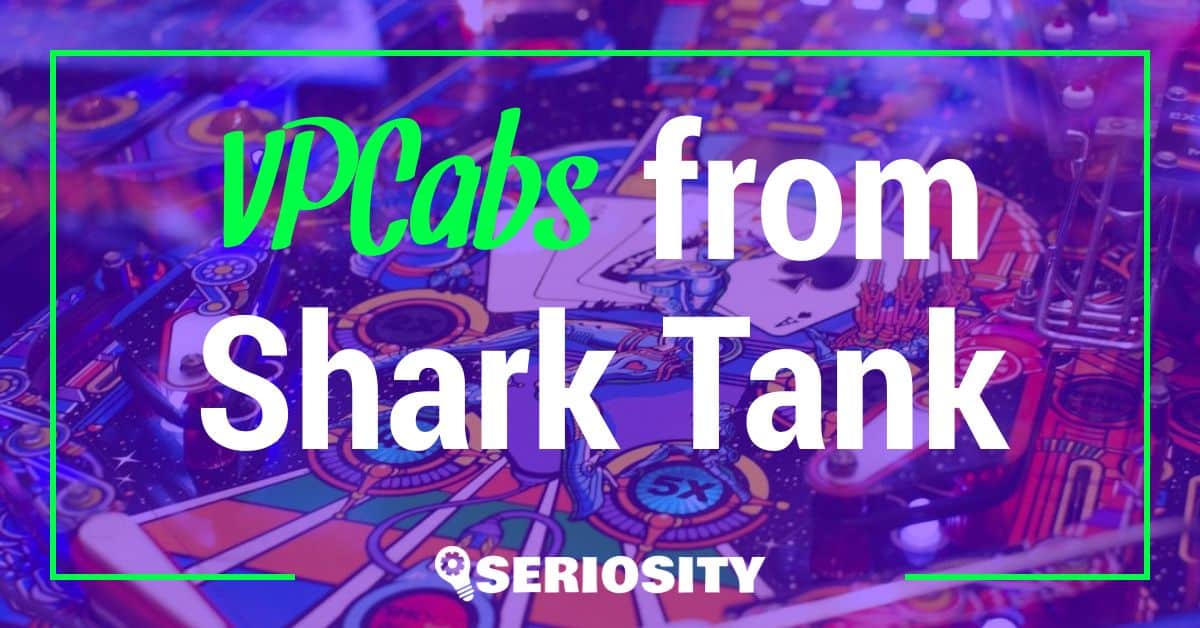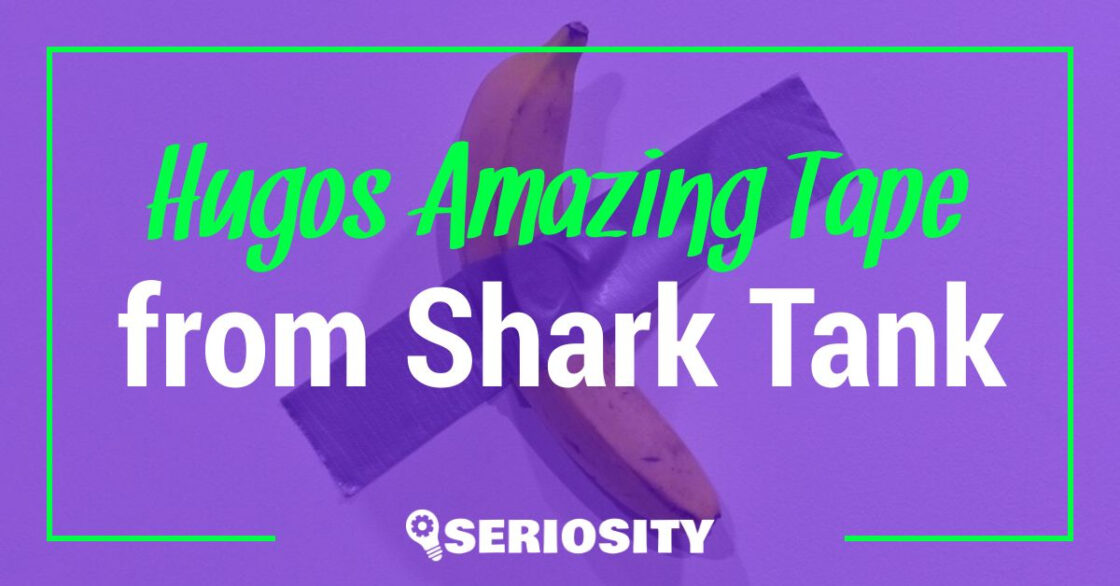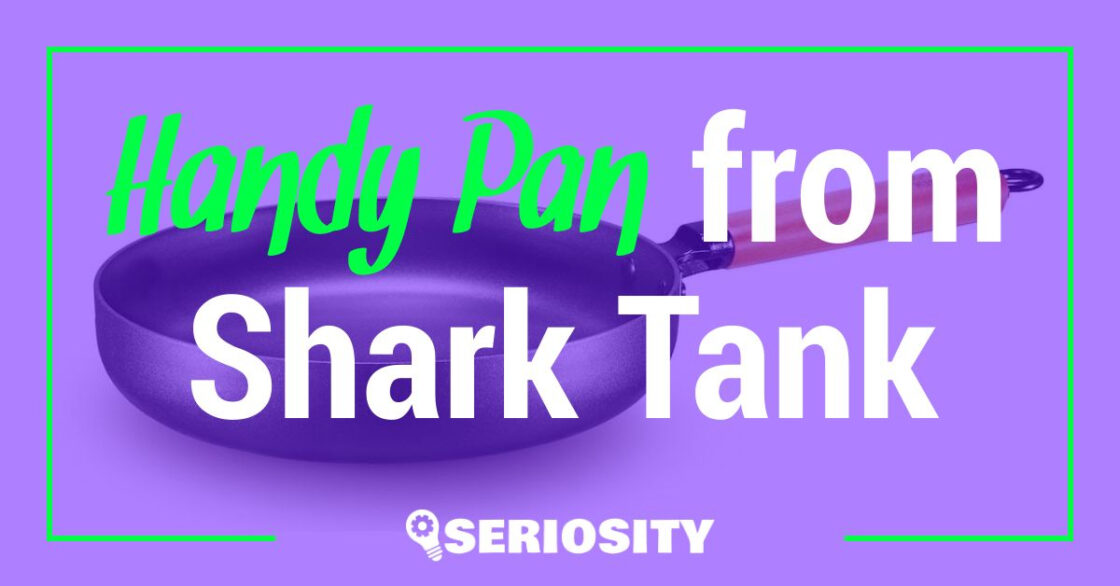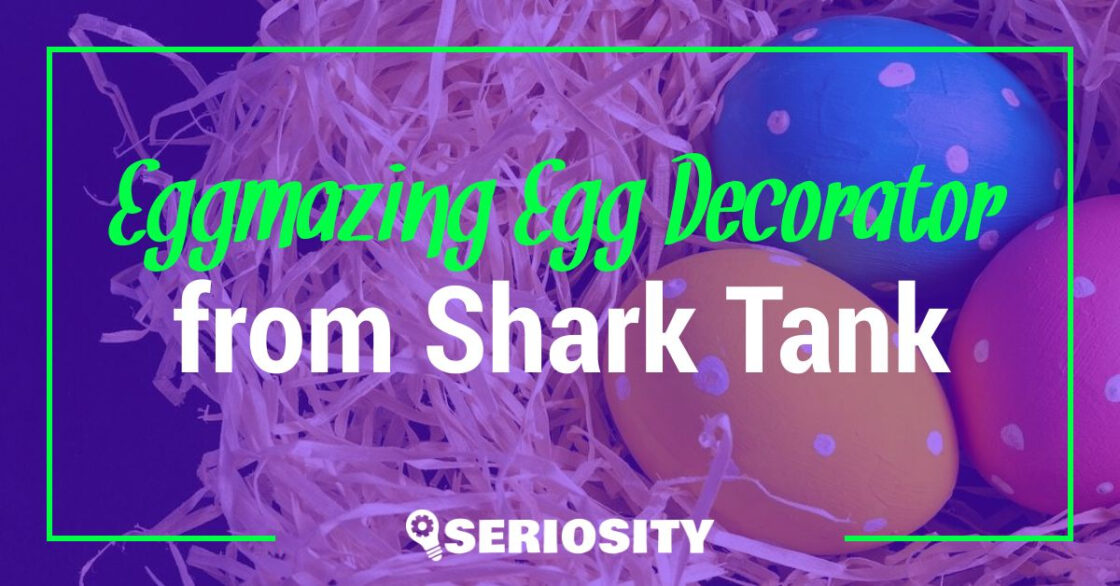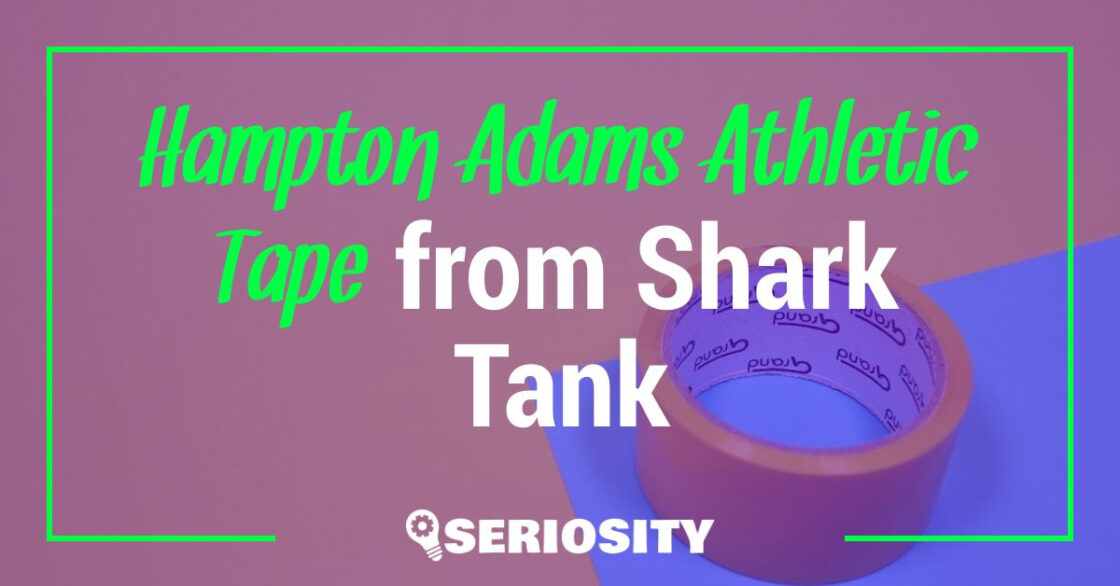VPCabs is a virtual pinball machine that provides many different kinds of pinball games. The machines are retrofitted and, just like the games themselves, come in various types.
These machines are cabinets that look just like conventional pinball machines, but utilize high-definition LED screens to create an electronic version of the old-school game. The key benefit is that these machines can store over 200 pinball games, ranging from those that mimic the pinball classics, to newer and more modern offerings. The three games that stand out are: The Classic, The Wizard, and The Vertigo.
The machines sell for anywhere between $3475 and $7995, through a network of more than 20 dealers operating in 12 states throughout the country. In 2014, VPCabs was declared the best holiday game by the Game Informer Holiday Buyers Guide.
VPCabs was founded by Brad Baker, who has been self-employed for a large proportion of his professional life.
Brad established the business when his brother, who owns a few arcades in Cincinnati, requested him to develop a virtual pinball system when the pinball machine in one of his arcades had broken down.
Brad and his brother identified the practicalities, and then set about trying to develop a prototype. Brad was able to convert his brother’s old pinball machine into a digital one, and successfully installed it at the arcades. Until that point, Brad had not considered converting his invention into an entrepreneurial venture; however, once Brad started getting numerous orders for his electronic pinball machine, this quickly changed.
The business concept was ingenious: you needed a one-time investment for the components of the machine. Once the machine is installed, you get unlimited access to numerous different types of pinball games. Brad was generating a solid 50% profit from this business, but thought that a Shark Tank appearance would help take his business to the next level.
Is VPCabs Still in Business?
Yes, VPCabs is still operational and, as of 2022, is generating yearly revenues in the $3 million to $5 million range.
How Did the Shark Tank Pitch Go?
Brad made his Shark Tank debut on season 7 of the show, seeking an investment of $200,000 in exchange for a 10% stake in VPCabs – a company valuation of $2 million. The Sharks are intrigued by the pinball machine, and each one of them comes up to try the games out. All of them are hooked right from the get-go, and Mark Cuban has a particularly hard time tearing himself away from the machine.
Once the Sharks finally manage to break free of the VPCabs trance, Robert Herjavec enquires about the revenue. Brad said that he started his business off by selling 8 machines and that, although this number might seem insignificant, it allowed Brad to keep his home from foreclosing.
In the next 18 months, VPCabs sold another 200 units and generated approximately $750,000 in revenue. He says that the machines can be bought for as low as $3,000 and as high as $9,500, and that the most sought-after model is the $8,000 one. He has a gross profit margin of 50%, but is struggling to keep his overheads in check. Until that point, the business had generated a net profit of $12,000.
Robert thinks that the market for the product is very limited, and does not extend beyond “old guys like me who like pinball”. This sentiment is parroted by Lori Greiner, who feels that the novelty of the product will lead to scalability issues for the business. For this reason, she is out of the deal. Robert follows suit, saying that he does not share Brad’s vision about getting VPCabs into large platforms like Chuck-E-Cheese.
Mark Cuban feels that, the fact that Brad does not own the actual gaming software, is a major obstacle. The billionaire does not think that the innovation is disruptive enough and, for that reason, he would like to step out of the deal.
Kevin thought that the business was pretty much breakeven, and therefore, did not warrant the $2 million valuation that Brad had put up. Besides, Kevin did not think that Brad would be able to compensate for the investment, and therefore, the Shark wanted out.
Daymond was the last man standing and, fortunately for Brad, was interested in VPCabs. He said that, since he was younger than the rest of the Shark panel, he had had some experience with video games during his younger days. Besides, Daymond owned a business that produced similar games and, therefore, the Shark thought that he could add value to Brad’s company. Daymond told Brad to serve primarily as the salesman, and leave the manufacturing to Daymond. Brad appreciated this idea, saying that selling and promoting was his favorite bit. Daymond was ready to invest $200,000, but wanted 30% of VPCabs. Brad pleaded with the Shark to come down to 20%, but Daymond said that 25% is his final offer. Eventually, Brad accepted this offer, and walked out of the Tank with a deal.
Our Review of VPCabs:
Even before actually trying the machine, we could see that it was classy like anything, with the playfield having a display of 1080p. When we actually gave the thing a shot, we realized that VPCabs also have a fantastic, completely natural feel to it.
Yes, the system does cost you upwards of $3,000, but remember that you will be getting countless pinball tables that will never betray you. Also, if you do run into a software issue, you can use your WIFI connection to troubleshoot.
Pros of VPCabs:
- HD display
- Natural feel
- More than 200 pinball games
Cons of VPCabs:
- Expensive; costs at least $3,000
Are There Any Alternatives?
No alternatives were identified for VPCabs.
Our Final Thoughts:
VPCabs added a contemporary touch to the traditional and widely-loved game of pinball. Ever since securing a deal on Shark Tank, the business has been able to expand and, according to Brad, is selling 300 to 500 machines annually. In 2018, VPCabs relocated to a larger building – a space that also has a restaurant and a bar – in Hamilton, Ohio.

